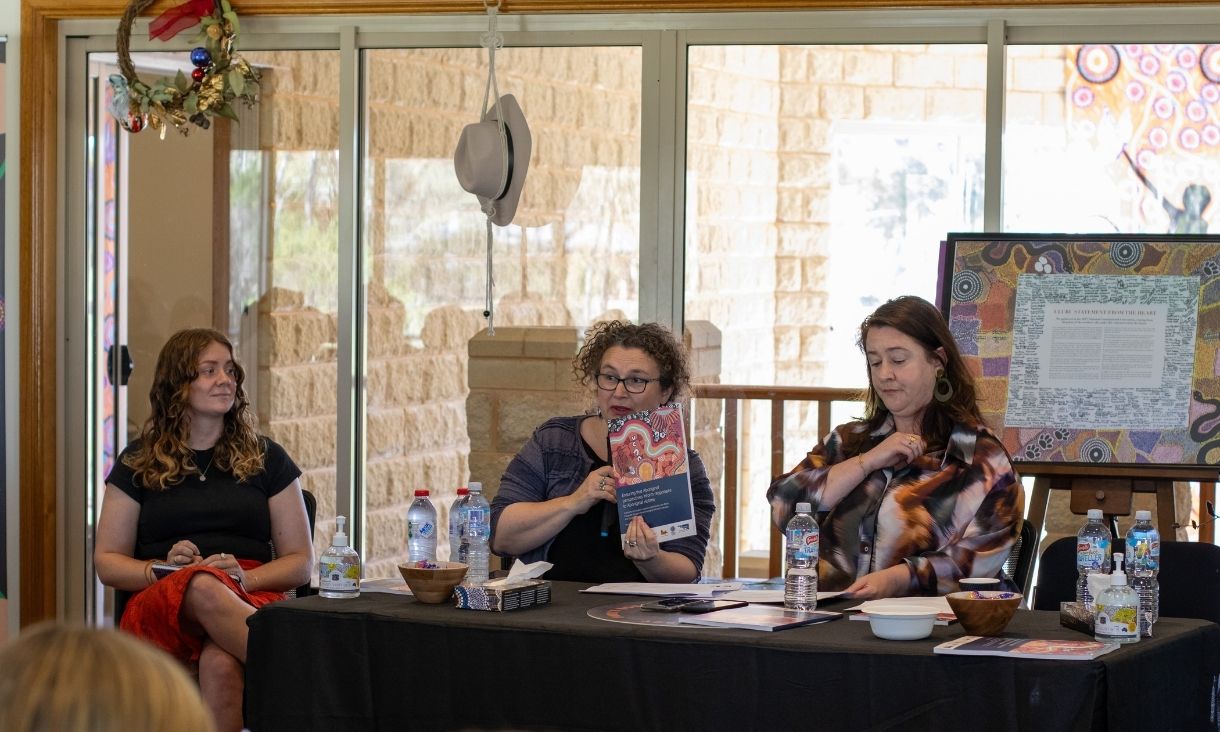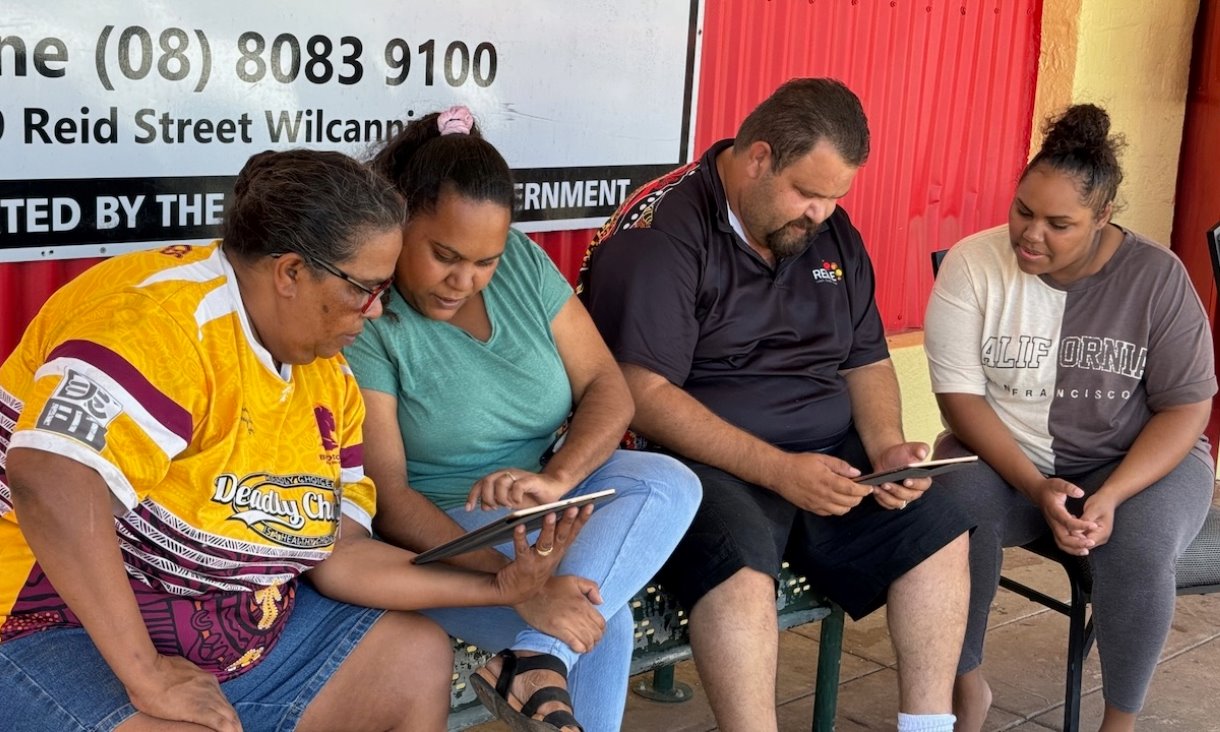National approach for climate action now
Butt said regional landscapes also offered significant opportunities to meet climate change challenges.
“National approaches to create new energy landscapes, including large scale solar and wind, should be a priority, along with support for supporting infrastructure,” he said.
“While many of these goals require state and territory regulatory support, the economic motivations should be driven by Federal investment and taxation incentives.”
To genuinely address climate change and Australia’s international obligations, changes to national governance and policy are required, said CUR’s Associate Professor Wendy Steele.
“To achieve net-zero emissions by 2050, national action is needed to drastically reduce emissions in areas such as energy, transport and agriculture and to develop resilient communities in our increasingly vulnerable cities and regions,” Steele said.
“The priority initiative that the Federal Government should fund in the upcoming budget are changes to the Australian Federal Relations Architecture to include Climate Action as core business of the National Cabinet.
“We can do much better than ‘every state for themselves’ with action on climate change – but this requires national leadership, commitment and investment.”
New plan needed for nation’s mental health and wellbeing
Dr Chris Maylea from RMIT’s Global and Social Studies Centre said a successful Federal Budget ensured that all Australians had their basics needs met by increasing JobSeeker from $566 per fortnight to a liveable wage.
“COVID-19 taught us that more hospital beds and more wellness apps won’t fix Australia’s mental health crisis,” he said.
“We don’t fix our mental health crisis with counselling.
“Ensuring everyone’s basic needs of housing, income support and social connection is critical in improving the nation’s mental health.
“What we are doing now is not working. The 5th National Mental Health Plan was meant to be a road map for fixing Australia’s mental health system, but it hasn’t worked.
“We need a new approach focused on prevention, early intervention, and providing basic human rights.”







